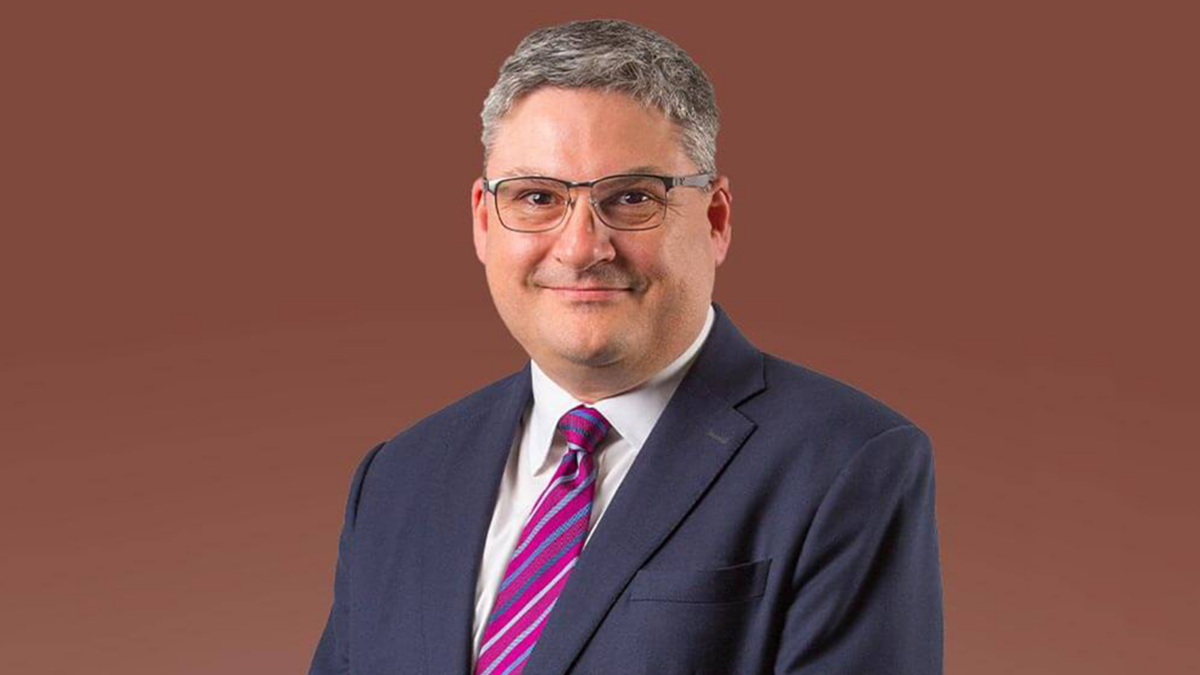Future Fund sheds more light on small cap switch up
The Future Fund returned six per cent for the financial year in a result it attributed largely to leaving risk on the table as it navigated choppy market conditions, but still touted a robust 8.8 per cent per annum over the last decade against a return target of 6.9 per cent.
“We feel that return is quite solid in the circumstances,” Future Fund CEO Raphael Arndt told media on Wednesday. “The really favourable tailwinds that investors have had for some decades now have ended and we think investment markets are undergoing profound changes that we’ve talked about extensively and we feel that markets are under-pricing those risks.
“As a result the portfolio is positioned slightly below neutral risk settings, but more importantly we’ve been making quite significant changes to the configuration of the portfolio to prepare for more volatile markets, more geopolitical risk, and sustained and sticky inflation.”
While the focus was mainly on returns, Future Fund watchers were also treated to more information on one of the biggest recent changes to its investment strategy: switching back to active management in equities, where it feels that it can finally get a decent return after indexing its entire exposure back in 2017.
While acknowledging that its significant size and the capacity constraints of potential partners had prevented it from diving into small cap equities before, Arndt said that changing industry dynamics – the mass exit of super funds from investment outsourcing – had opened up new opportunities.
“We’re a big investor and we’ve had a view that there was not scale or capacity available to take advantage of the opportunities from active managers in that space,” Arndt said. “We do feel that it’s an under-researched part of the index and that there should be sustainable alpha opportunities.
“Because of changing dynamics in the Australian asset management industry in Australia, we were able to get a very significant capacity with a very capable manager that wasn’t previously available to us. That’s more a comment on other investors making decisions for their own purposes.”
Arndt declined to name the manager – it will be included when the Future Fund updates its list of external providers – or comment on whether the Future Fund had taken up a significant chunk of its capacity but said that the fund was now also exploring more active management in international developed market equities.
“We are looking at other active manager strategies elsewhere in the portfolio and we are progressing on some offshore active strategies, but it’s not a case of moving the entire portfolio into active,” Arndt said. “We need to very carefully consider the opportunities for active managers in each market and also how they would fit together in our portfolio. We’ll continue to have market index passive factor strategies as well as active strategies.”
However, Arndt noted that equities generally are expensive after strong performance last year while the world hasn’t gotten “less risky” through that period.
“Inflation is not yet back in the band anywhere, and at the same time we’ve got economies slowing at best,” Arndt said. “China and Europe are probably worse than that and price-to-earnings ratios have gone up. So we certainly don’t think equities are more attractive than they were. We’re a little sceptical about current market pricing.”











